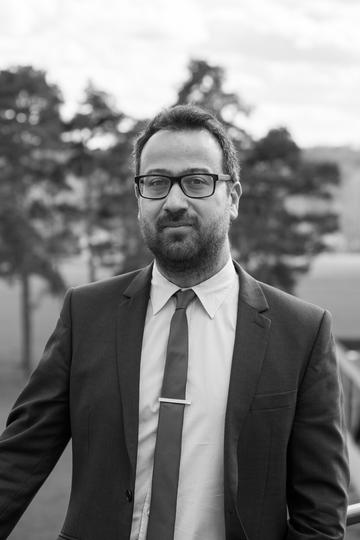We continue the interview with Professor Chalvatzis
PART 1: https://steamgreen.unibo.it/2017/10/09/changes-happening-rapidly-regulators-not-managing-catch/
PART 2: https://steamgreen.unibo.it/2017/10/13/nobody-tells-people-plan-produce-renewable-energy-30-years/
Let’s switch the focus to RESD students for a second. You’ve talked about job opportunities in the energy market, what can you tell us about that? What about the importance of interdisciplinarity?
Obviously there are many job markets, so there are differences amongst them: how they change, how quick they change, how they can absorb people with diverse skills. Now, what I would say (referring to the diverse backgrounds) that can only be a positive thing for job markets. Shamefully, is a bit more problematic in Academia. So, if somebody is following academic carrier is much easier life if you have a specific discipline, but because most people don’t really care for Academia, most people want to have a job out of it, which is quite healthy.
That essentially means we have diverse set of skills, means we can tick more boxes for an employer. There might be a trap of lack of specialization, and that is something that needs a little bit of thinking of each one of the candidates for a job, to be able to articulate why your specific set of skills are better than just one skill. But my understanding is that most of the market is looking for, not strong specialization, but rather keen on combined knowledge. The actual specialization, the actual things you need to know for a specific role they want you for, comes through work, comes through training. Every company will have their own procedure, on how they handle this or the other operation, which no university could teach you anyway.
But maybe because of this, universities should also catch up with the current situation? Nowadays it feels like for certain jobs you need a large set of skills and knowledge that we are not getting in the university studies. How is it possible?
You see, I think we are way past the point where university degree gets you a job. Specially one that is not very much up to date. And, to be honest, no university degree can be very much up to date. It is very difficult. It’s a lot of process, university degree plans take so much time until they are approved. In a world that changes so fast, your university degree probably has been looking at modern things five years ago. So, even if it’s up to date program, by the time you are doing it is already old. So that’s by definition dangerously old.
I think the responsibility of each one of us individually as students or teachers of these programs would be to at least trigger the right questions, to trigger a little bit of understanding like “hey, there is this thing going on, maybe we are not going to do it in class very much, but it’s happening right now” and at least trigger the right interest for students. I would say for me that’s one of the most important things amongst my responsibilities to cover in my classes, to at least show the direction of where things are going. I think people leaving my class at least have a good understanding of where to look at and what to look out for in the next 2-3 years, as developments for their work. And I think (and that’s again my perception) employers appreciate people who is up to date to current affairs on your own sector.
It may sound superficial, but I don’t think there has been a day in the last ten years where I haven’t spend at least one hour a day catching up with the latest updates on that sector on that day. It is very easy if you are somebody who just enters the market to sound very good to your employer in an interview if you have a solid understanding of what’s happening in your sector, and it’s very put off for an employer to feel that you have no idea what is going on in your sector. In a competitive market, employers want to see somebody who has a very solid attitude, that is up to speed, that is looking at the developments, that can bring something new to the company, a lot of people seem to forget these things, but it helps massively. It helps to know more than your employers does. Be sure you are aware of your sector, that can be quite significant in a job interview. I would say it helps more than having a high mark on your degree. Having a 5% higher average mark, that is less significant than an employer than having a good understanding on your sector. And this knowledge is not something you can get in any other way; you have to read policy, you have to read regulations, you have to read news,… You know about your sector when you spend time on it, it doesn’t happen otherwise.
To close the interview, we are going to do a bit of one word answer game. Let’s start with Donald Trump
Populism
Paris agreement
Ambitious, it helped to keep the momentum on.
Nuclear fusion
Good for research, nothing else. Not in our life-span.
Point of no return for carbon dioxide levels
No short answer for this. We can do a lot, and we are doing a lot.
Weather in England
To be treated with patience



